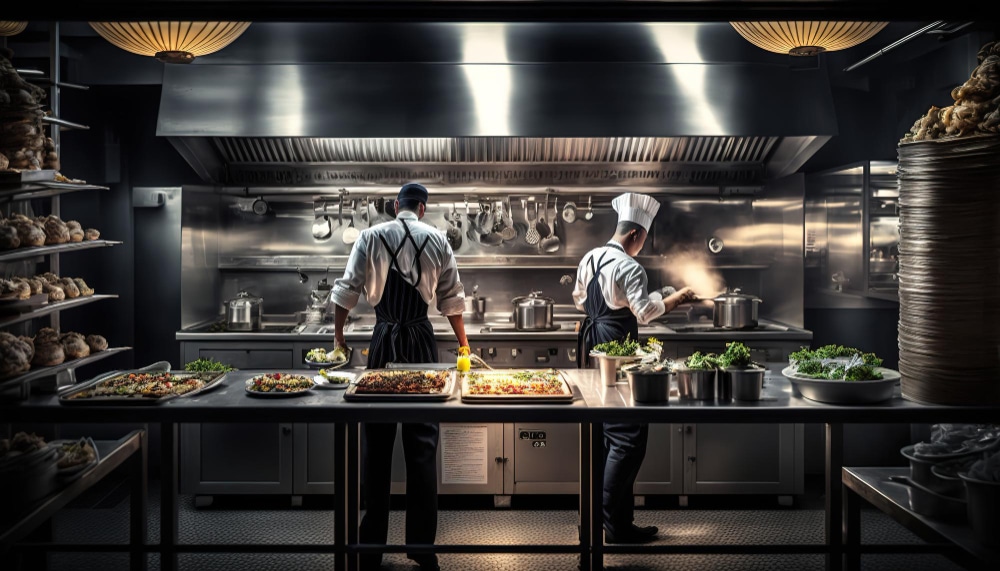Food waste and the hotel and catering industry

Major consumer trends
Why implement an anti-food waste approach in the hotel and restaurant industry?
Beyond climate and behavioral issues, the fight against food waste also allows restaurants to achieve considerable savings. According to a study by Winnow, a startup specializing in reducing food waste, approximately 25% of hotel food purchases are wasted. Another study by the NGO “Champion 12.3” shows that implementing policies to reduce these losses could yield a return on investment of up to 600% within three years.
The importance of identifying the source of food waste
Existing solutions for the hotel and restaurant sector
- Prioritize quality over quantity.
- Developing anti-waste recipes
- Establish partnerships with associations
- Using anti-waste apps
- Creating a virtuous circle within your establishment
It therefore seems clear that implementing food waste reduction policies is both necessary and beneficial for commercial food establishments. In addition to being a selling point, this allows them to achieve significant financial savings and offer higher-quality products, all while maintaining an environmentally responsible approach.
Sources: takeawaste.fr , foodwise.io , materiel-horeca.com , malou.io , lhotellerie-restauration.fr ,
FOR A BETTER FUTURE
Would you like to take action against food waste
Kikleo helps you reduce food waste and increase the performance of your restaurant by offering you a analysis of your losses using innovative technological tools.